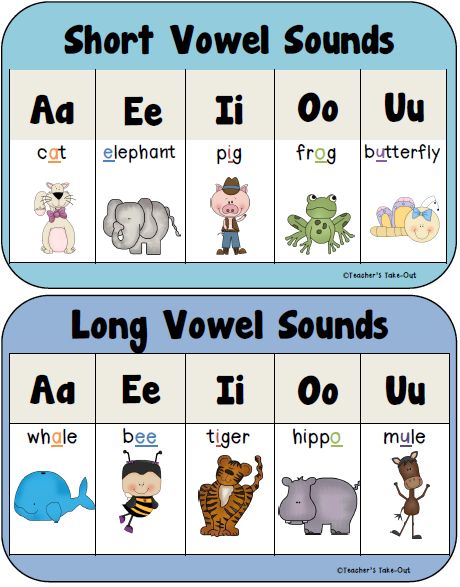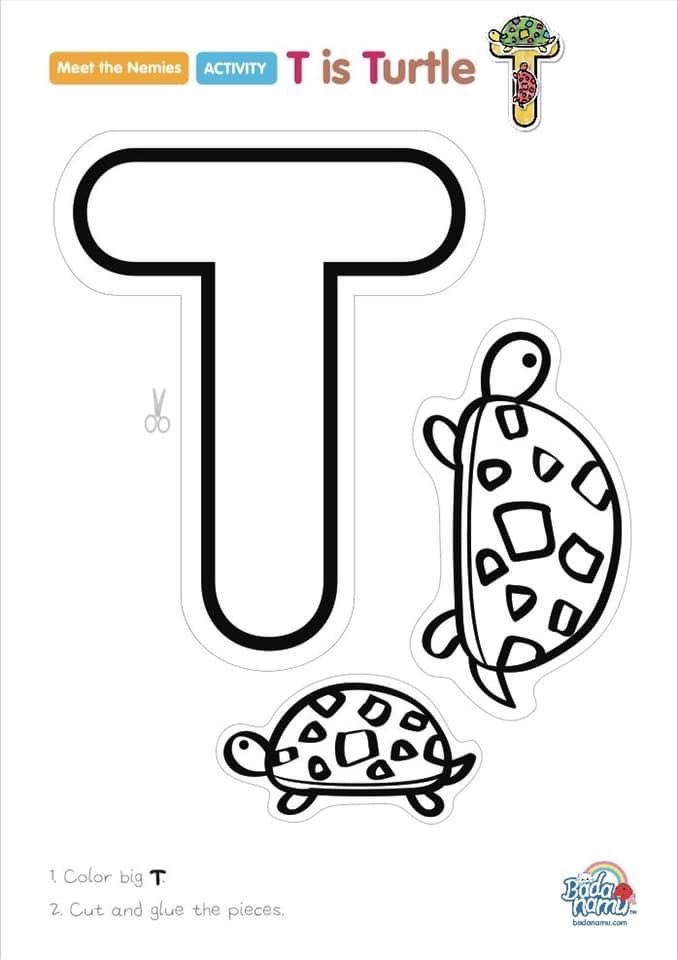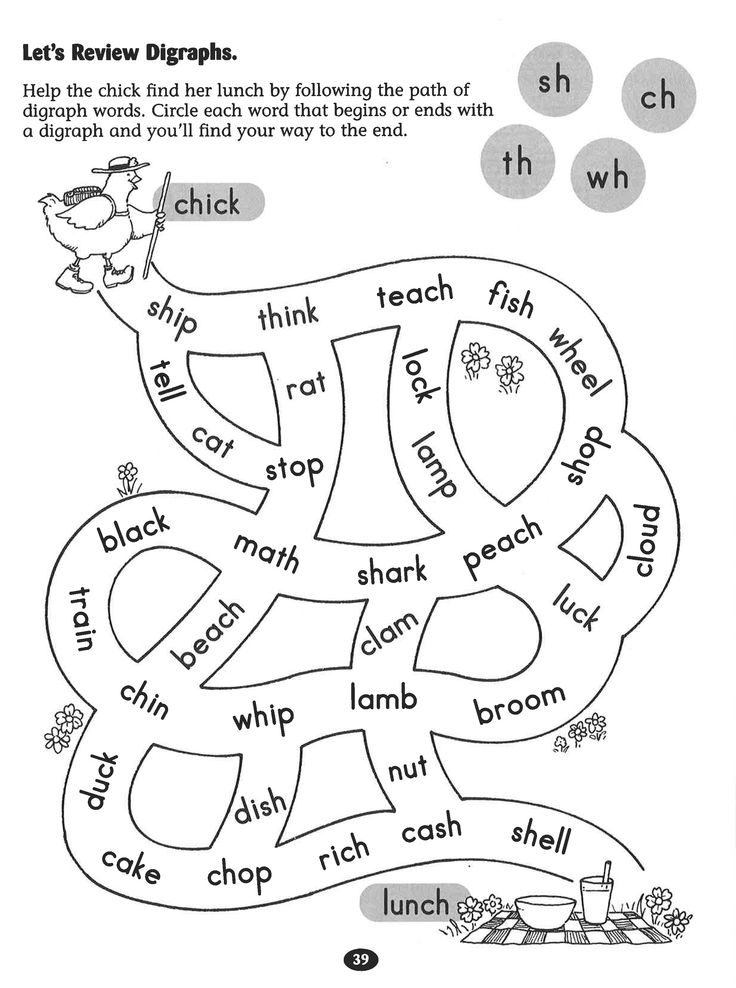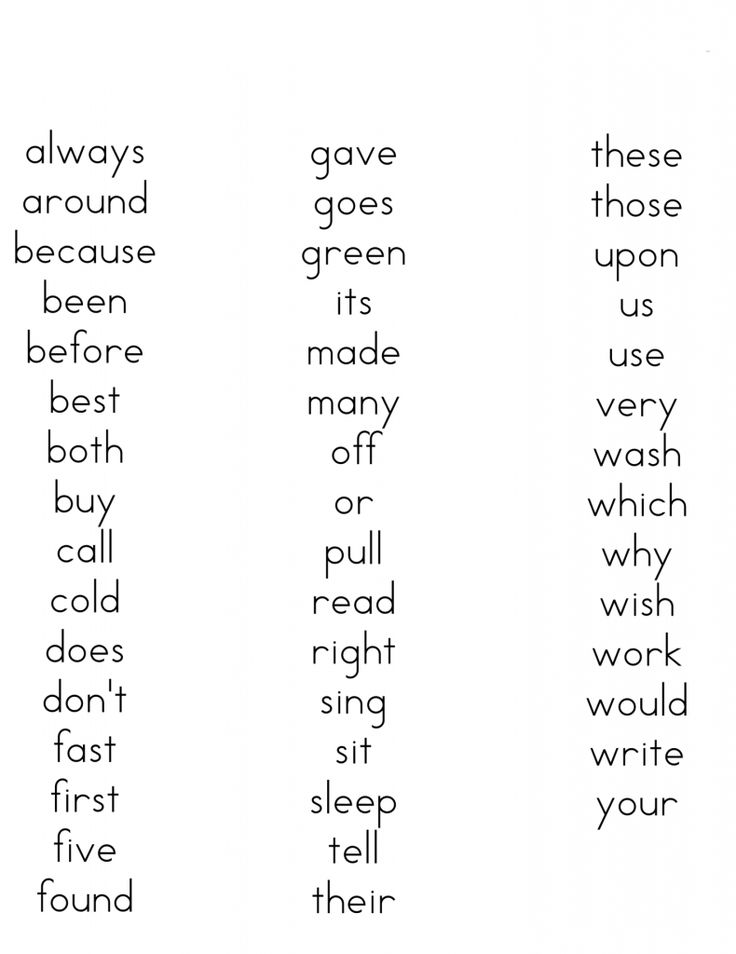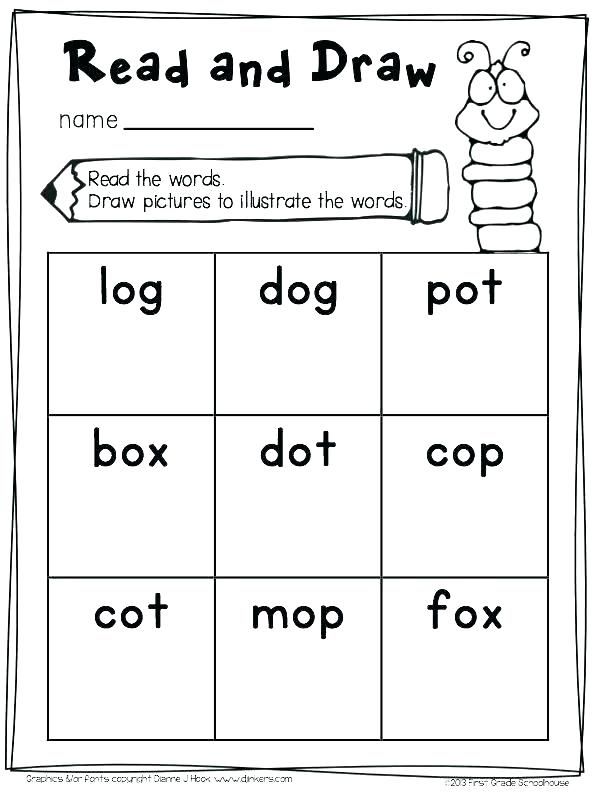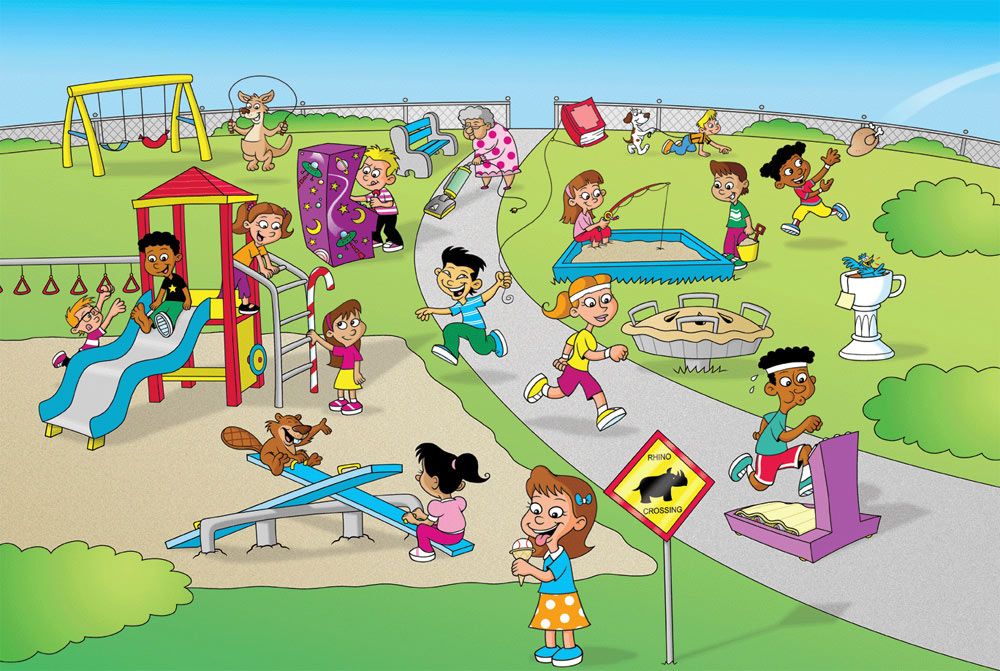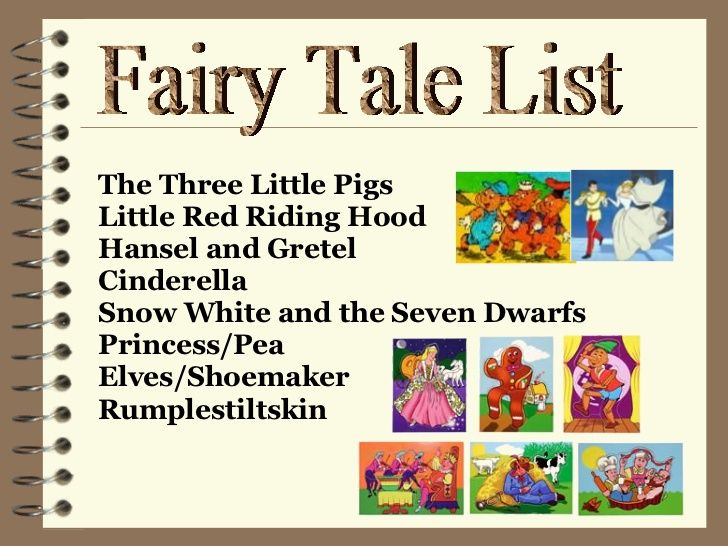Speak learn play
Speak, Learn, and Play
services
Our licensed therapists offer a variety of services for children and adolescents. In addition to individual speech/language therapy, play-based psychotherapy, tutoring, and occupational therapy, we also offer social skills groups, camps, and special workshops/classes. Read on to learn more:
Speech/Language Therapy
Speech and language therapy focuses on the evaluation and treatment of children who have difficulty listening, speaking, reading and/or writing. Our speech language pathologists have experience treating disorders that can effect these areas of communication. Our speech language pathologists are also learning specialists and have extensive experience in working with children with learning differences.
Individual Child/Adolescent Psychotherapy
In child therapy, the therapist works to create a non-judgmental atmosphere with clear boundaries in which a child can feel safe to express feelings, identities, and struggles. This environment also facilitates children's development of mastery, coping, and problem-solving skills. Amy uses an eclectic model - drawing on methods and techniques from psychodynamic therapy, child-centered therapy, cognitive/behavioral therapy, and family therapy - adapted to meet the needs of children's presenting problems.
From Chaos to Calm Group
The ability to self-regulate is critical for success in school, in relationships, and in life. Using the principles of DBT (Dialectical Behavior Therapy) coupled with Executive Functioning Training and Sensorimotor Therapy, we will focus on the following skills: impulse control, emotional control, flexible thinking, working memory, self-monitoring, planning and prioritizing, task initiation, and organization. Group will utilize structured activities/teaching, games, and movement each week and each child will go home with concrete skills to practice throughout the week.
- Mondays, from 4:45pm - 5:45pm
- Ages 7 - 10 years old
- Maximum of 6 kids per group
Dyslexia
Dyslexia is a language-based reading disorder due to a weakness in phonological processing or the way our brain recognizes and interprets sound and sound sequences.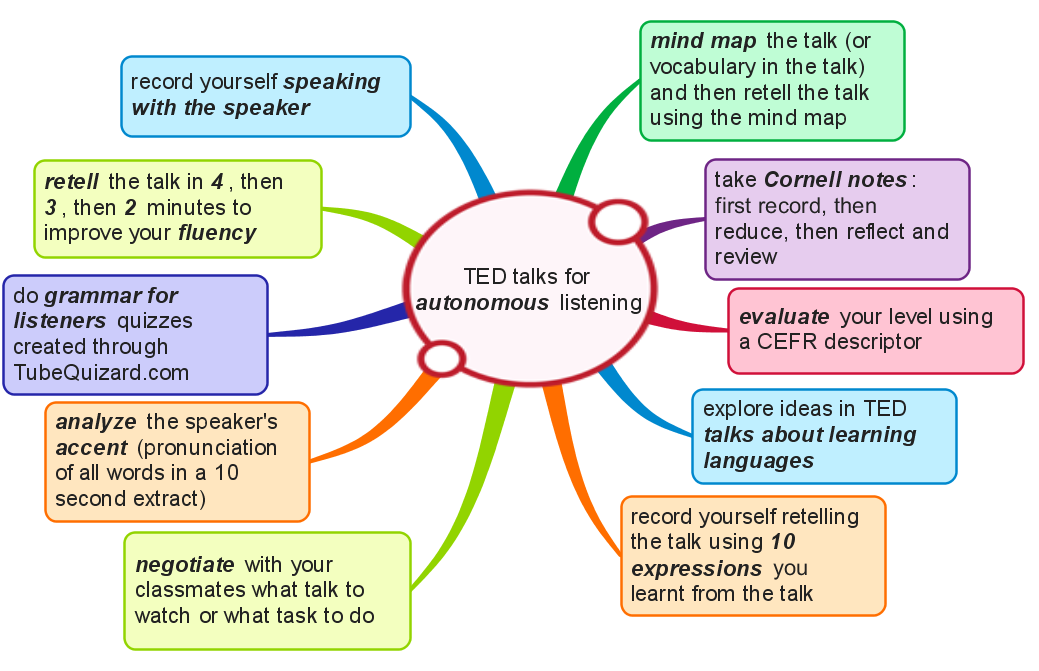 Poor phonological awareness skills result in difficulties with word recognition, decoding, and spelling. As a speech-language pathologist that is also certified in Wilson Reading System, Jennifer is in a unique position to support both the underlying language weaknesses present in dyslexia as well as provide a systematic, multi-sensory approach to reading remediation. Jennifer is able to provide a customized treatment plan that will support your child’s reading acquisition. To find out more information or schedule an appointment, please fill out the inquiry form on our contact section.
Poor phonological awareness skills result in difficulties with word recognition, decoding, and spelling. As a speech-language pathologist that is also certified in Wilson Reading System, Jennifer is in a unique position to support both the underlying language weaknesses present in dyslexia as well as provide a systematic, multi-sensory approach to reading remediation. Jennifer is able to provide a customized treatment plan that will support your child’s reading acquisition. To find out more information or schedule an appointment, please fill out the inquiry form on our contact section.
summer camp
Intensive Social, Communication, and Sensory Motor Therapeutic Intensive Camp, for children ages 5 - 10 years old.
| Summer 1 | August 7 - 11, 2023 | 8:30am - 1:30pm |
|---|---|---|
| Summer 2 | August 14 - 18, 2023 | 8:30am - 1:30pm |
| Summer 3 | August 21 - 25, 2023 | 8:30am - 1:30pm |
The tuition for the Summer one week sessions is $850.
In these week-long programs, children will work in small groups, according to age,with licensed therapists (Clinical Social Worker, Speech/ Language Pathologist and/ or Occupational Therapist) to promote skills in a fun, playful atmosphere.
REGISTRATION FOR 2023 IS NOW OPEN
Apply for Camp Now!
about
Speak, Learn, & Play, LLC was founded in 2013 by Jennifer Volpe, CCC-SLP and Amy Weber, LCSW. Started initially to meet the communication, learning, and social/emotional needs of children and families, Speak, Learn, & Play has quickly grown to offer myriad services including speech/language therapy, tutoring, social skills groups, child psychotherapy/play therapy, occupational therapy, and therapeutic camps. Using a collaborative model and state-of-the-art techniques, we strive to treat the whole child. Please read on to learn more about Speak, Learn, & Play's founders:
Amy
Amy Weber is a Licensed Clinical Social Worker (LCSW) with over 15 years of experience working with children, adolescents, and families, both as an administrator and a clinician.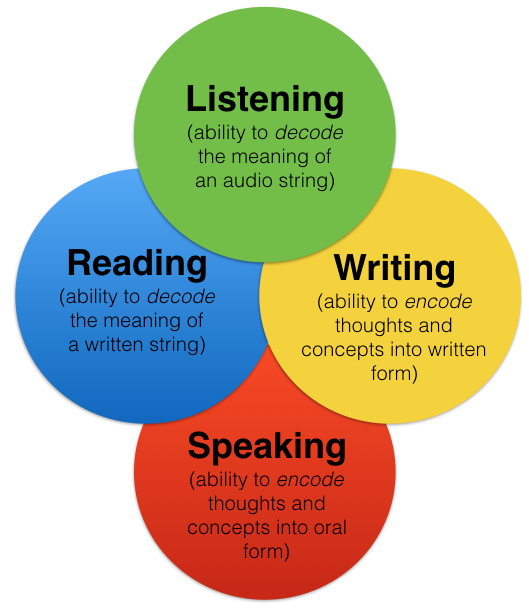 Amy has completed the Child and Adolescent Psychotherapy training program at William Alanson White, and is also trained in DIR/Floortime. She is co-founder of Speak, Learn, and Play. Amy sees children for play therapy, and conducts social skills groups.
Amy has completed the Child and Adolescent Psychotherapy training program at William Alanson White, and is also trained in DIR/Floortime. She is co-founder of Speak, Learn, and Play. Amy sees children for play therapy, and conducts social skills groups.
Jennifer
Jennifer Volpe is a New York State licensed speech pathologist with over 10 years of experience and the founder of Manner of Speaking. She holds her Certificate of Clinical Competence (CCCs) from the American Speech and Hearing Association (ASHA) and is certified as a Teacher of Students with Speech and Language Disabilities (TSSLD). She is also a certified learning specialist through the American Academy of Learning Specialists. Jennifer provides speech and language therapy in all areas with a focus on language based learning disabilities. Jennifer works with children ages birth to adolescents. Trainings include certification in Wilson Reading System, Additional trainings include PROMPT, Visualizing and Verbalizing, Therapeutic Listening and Basic Writing Skills.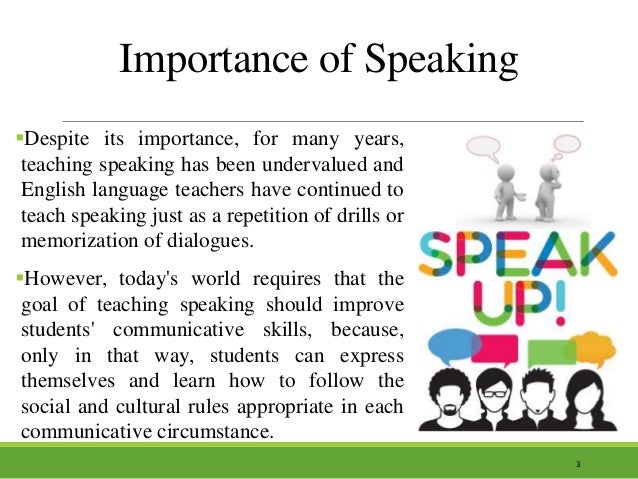
“My 3-year-old won’t do anything that I ask them!”
“My 7-year-old won’t do any homework or chores!”
“My teen doesn’t take their grades seriously! They just don’t care about their future!”
These sentiments are just a few that I hear on a regular basis from parents. Nothing is more infuriating than knowing that your child has tons of potential, that you’ve tried to communicate the importance of school or kindness or participating in the home, and that your efforts have been ineffective.
Sound familiar? Read on…
What Is Motivation, Anyway?
Motivation is the force that drives us to perform a task or behavior. There are many different types of motivation – intrinsic (internal, self-driven), incentive (sticker charts, rewards, paychecks), fear motivation (threats, consequences), power motivation (helping others, having control over your own life), and social motivation (wanting to fit into a group, wanting to be thought of in a positive way).
Put another way, motivation is the thing that gets us up in the morning and out of bed and to work. Some days that might be easier than others. Some days we might have more internal motivation because we’re excited about what we’re working on. On other days, the idea of a paycheck or seeing a friend or fear of what would happen if we were fired might be our motivating factors. It’s never just one thing!
Our kids are the same way.
Why Isn’t My Kid Motivated?!
I’m betting your kid is motivated. They’re just not motivated to do the things you want them to do. Kids can be incredibly motivated to reach the next level of a video game or watch every single episode of “Wednesday” in one weekend or to become a YouTube star. These are goals and they likely have an incredible drive to reach them.
So where does that motivation go when it comes to homework or chores? Adult-led agendas are just that – adult-led. We are choosing the what, when, where, how, and why, and that invites opposition.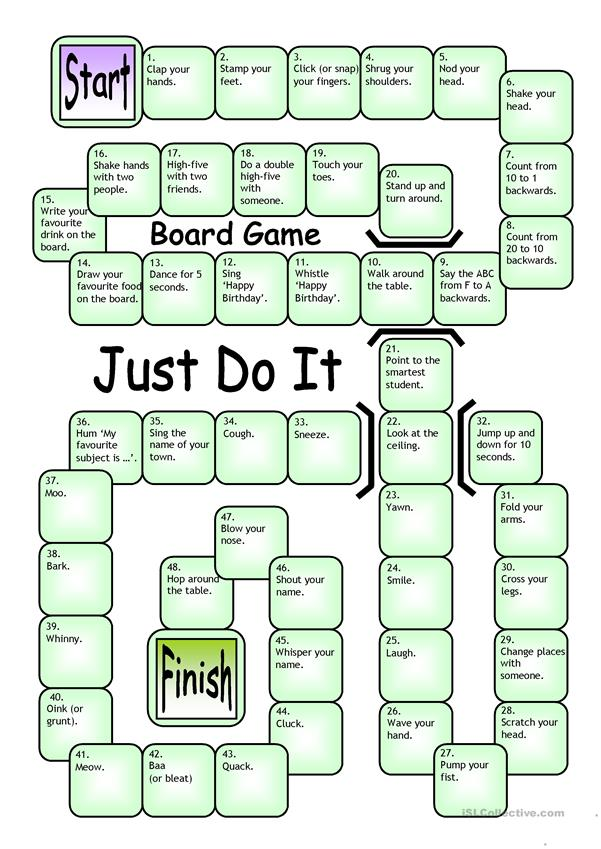 Our agendas often overlook the child’s agendas and are created without the child’s input.
Our agendas often overlook the child’s agendas and are created without the child’s input.
And I know what you’re thinking… “I just came home and did my homework every afternoon. And when my parents asked me to set the table, I did it. No one asked for my input!” And you’re not alone in thinking this way. But the reasons that we did that may not have been healthy – Were you afraid of getting in trouble? Were you getting rewarded for good grades? Were you more concerned about pleasing others than pleasing yourself?
The other thing to keep in mind is that kids lack the maturity and “big picture thinking” that helps them to plan for the future. Children are not really able to consider every possibility before making an informed decision. They don’t understand that poor grades in high school means limited college options, or that if they don’t help with chores around the house, it means extra work for you. Their brains won’t finish growing and maturing until they’re in their mid-20s. And for our neurodiverse kiddos, this process can take even longer.
And for our neurodiverse kiddos, this process can take even longer.
What can I do?
- Get Curious. You may think that you know what’s going on with your child’s lack of motivation, but there’s usually so much more to it than meets the eye. In a moment of calm, ask your child about the issue. “Hey, I’ve noticed that you have a hard time getting your math homework done after school. What’s up?” And really listen to the responses without judgment or defensiveness. Empathize, and ask more questions. Really try to understand your child’s point of view.
- Think about what underlying skills your child may not yet have. Before you can begin any task, you need to have a foundation of impulse control, emotional regulation, and flexibility. Without those skills, accomplishing homework or chores is going to be an uphill battle. And even if you’ve chosen a moment when your child is regulated and flexible, they also need to be able to plan and prioritize, self-monitor, initiate, organize, and have a good working memory.
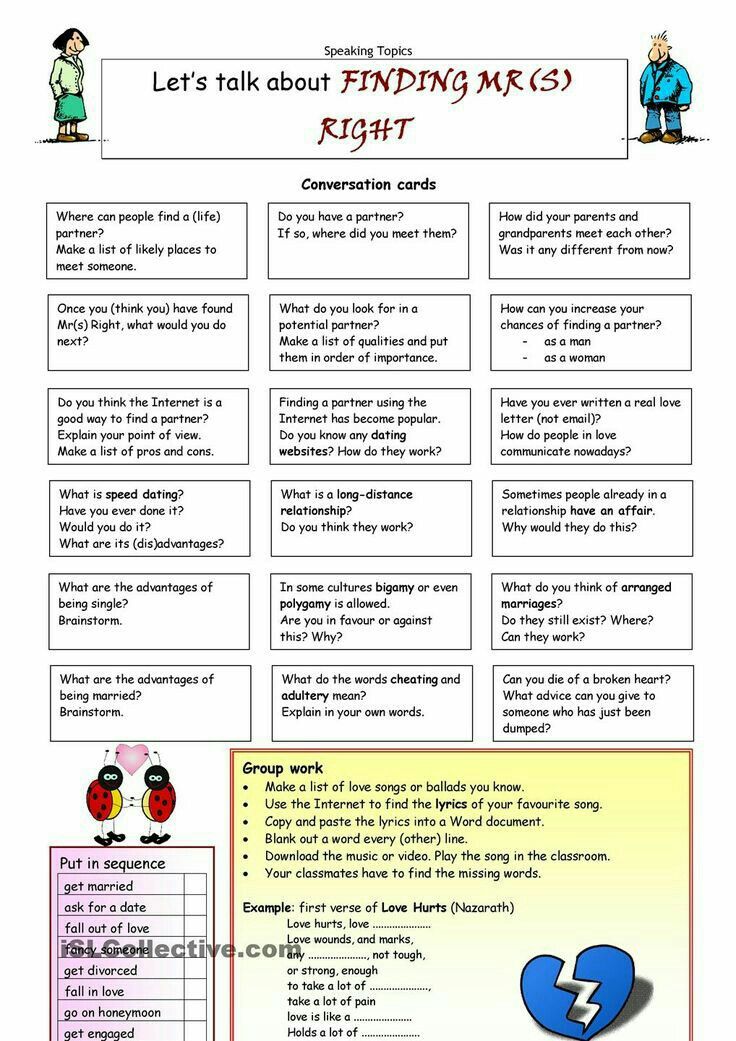 If your child doesn’t have these skills, is all hope lost? Of course not. But it does mean that they will need extra support before, during, and after to get their work done.
If your child doesn’t have these skills, is all hope lost? Of course not. But it does mean that they will need extra support before, during, and after to get their work done.
- Connect connect connect. Regulated and connected kids do well. Before giving a direction, sit next to your kid and chat for 10 minutes. Show genuine interest in whatever they’re doing. It can make the transition from fun activity to a hard/boring activity a little easier.
- Help your child to see the big picture. Not through lectures. Although I’m certain your points are excellent, your child isn’t interested in a lecture about how practicing a musical instrument will teach them discipline that will serve them throughout life. Instead, consider these questions:
- What does “done” look like for this assignment or chore? Does your child need to answer all 20 math questions, or just a few? Does this reading response need to be three words, three sentences, or three paragraphs? And what happens after the work is complete? Does “done” include putting the work in the folder and putting the folder in your child’s backpack? For a chore – what does a clean room look like? Take a picture of the room when it’s clean and show it to your child so that they know what they’re aiming towards.
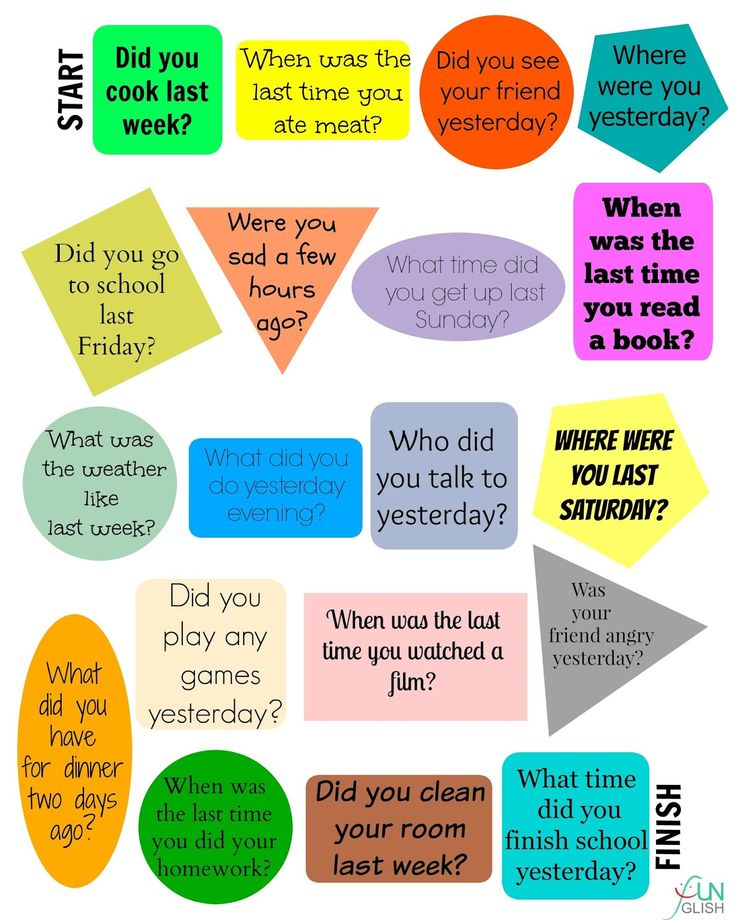
- What does your child have to actually “do” to complete the task? List out the steps, and be specific. Clear expectations are the best way to make sure that you are all on the same page about what needs to happen. That might mean writing down “stuffed animals put away, train tracks into their bin, socks put in the hamper, and slime put back in the container.”
- What does your child need to do to “get ready” to complete the work? Do they need to sharpen a pencil? Do they need a snack or to refill their water bottle? Do they need to clear a space at the table in order to work?
Although it seems counterintuitive, planning backward (starting with “done,” then moving to “do,” and then working on “get ready”) can actually set your child up for success.
- Help your child reflect. What was the best part of this task? What was the worst part? What part was hard? What would they like to do differently next time? This type of reflection helps kids move out of good/bad thinking, and into a more nuanced way of looking at their work.
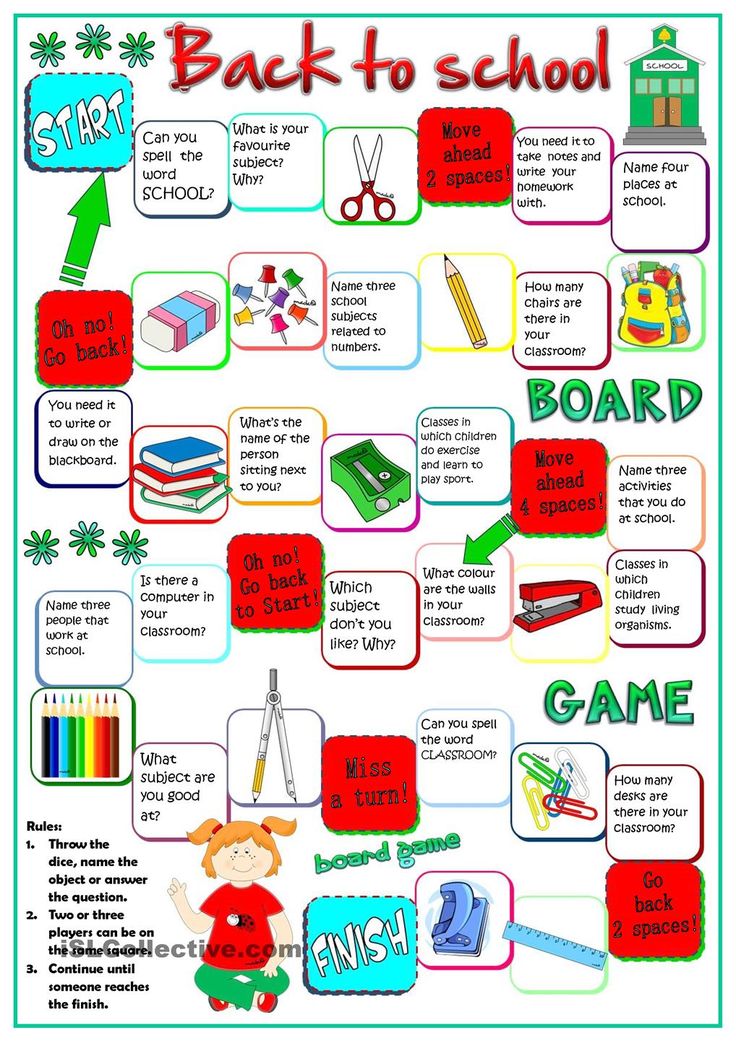
Motivation is a process, and intrinsic motivation doesn’t happen overnight. However, with some support and coaching, your child can learn to believe in themselves, face challenges with confidence, and use mistakes as opportunities to grow!
About the author: Amy Weber is a licensed clinical social worker in Brooklyn, New York. She is co-leading a workshop on March 3, 2023 (with Kate Lynch) all about motivation:
Unstuck and Understood: How to use connection to motivate your neurodivergent kid.
resources
- Manner of Speaking
- Amy Weber Play Therapy
- Extreme Kids and Crew
- New York City Transit Museum
(Family Programs and Subway Sleuths) - Parents Helping Parents
- Understood
- Playgroup
- Mindfully Parenting Atypical Kids
- Peaceful Parent Coaching
careers
Come join our team!
We are always looking to work with like-minded professionals. If you are looking to start your own part-time or full-time pediatric private practice, then Speak, Learn and Play is the place for you! Speak, Learn and Play is a collaborative therapy practice where therapists run their own private practices but have the benefit of working alongside other professionals to facilitate a team approach. We have a fully equipped sensory gym ideal for both occupational and physical therapies. Separate treatment rooms are also available for rental. There are ample opportunities for cross-referrals and networking. We offer half-day and full-day rentals, seven days a week. For more information, please email us at [email protected].
If you are looking to start your own part-time or full-time pediatric private practice, then Speak, Learn and Play is the place for you! Speak, Learn and Play is a collaborative therapy practice where therapists run their own private practices but have the benefit of working alongside other professionals to facilitate a team approach. We have a fully equipped sensory gym ideal for both occupational and physical therapies. Separate treatment rooms are also available for rental. There are ample opportunities for cross-referrals and networking. We offer half-day and full-day rentals, seven days a week. For more information, please email us at [email protected].
The therapists at Speak Learn and Play are committed to helping prospective and newer members to our various fields of practice. Current and prospective high school, undergraduate and graduate students are welcome to shadow our therapists. We also offer volunteer opportunities at our Summer Camp for those looking to get practical experience in pediatric speech, occupational and play therapy.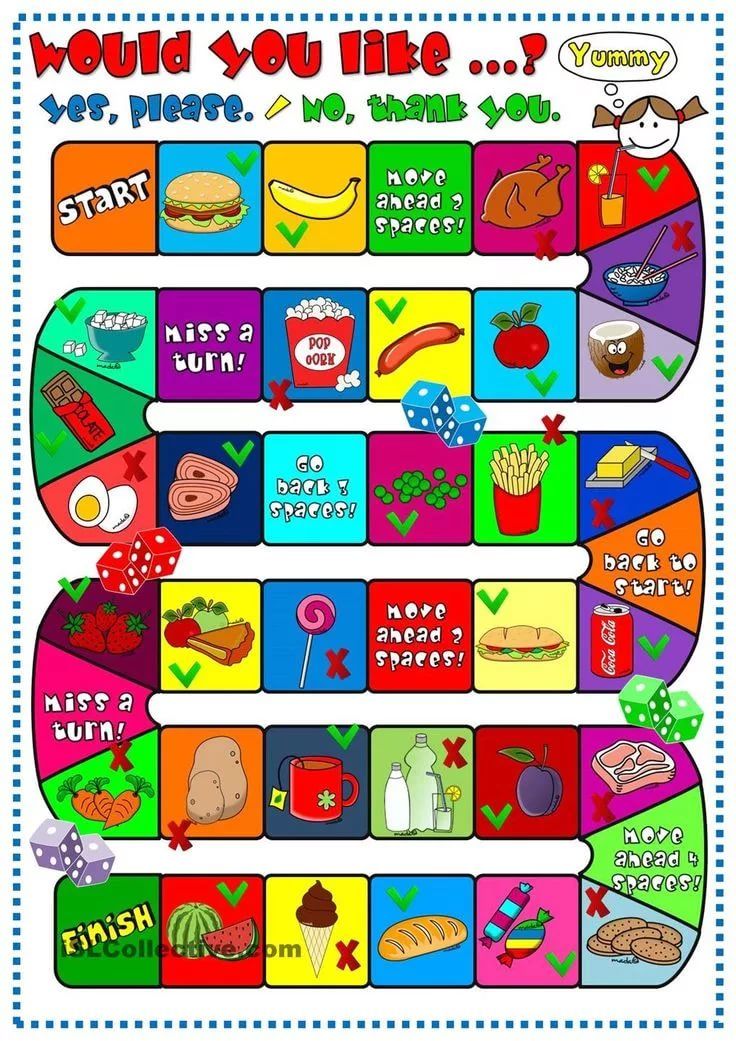 Please email [email protected] to apply.
Please email [email protected] to apply.
contact
Speak, Learn, & Play
540 President Street, Ste. 2D
Brooklyn, NY 11215
Tel: (347) 457-5900
Fax: (347) 457-5653
Speak, Learn, and Play
This is the first installment of a two-part series about Play Therapy. Check back next week for the second installment of this blog series.
“My child won’t listen! Everything is a battle, and he throws a massive tantrum every time he doesn’t get his way!”
“My child’s grandparent died a few months ago. I expected her to be sad, but she seems angry.”
“My child is so anxious about everything! School drop-offs are impossible, and he clings to my leg when I try to leave the house. Help!”
“My child was diagnosed with autism and ADHD, and the psychologist suggested therapy.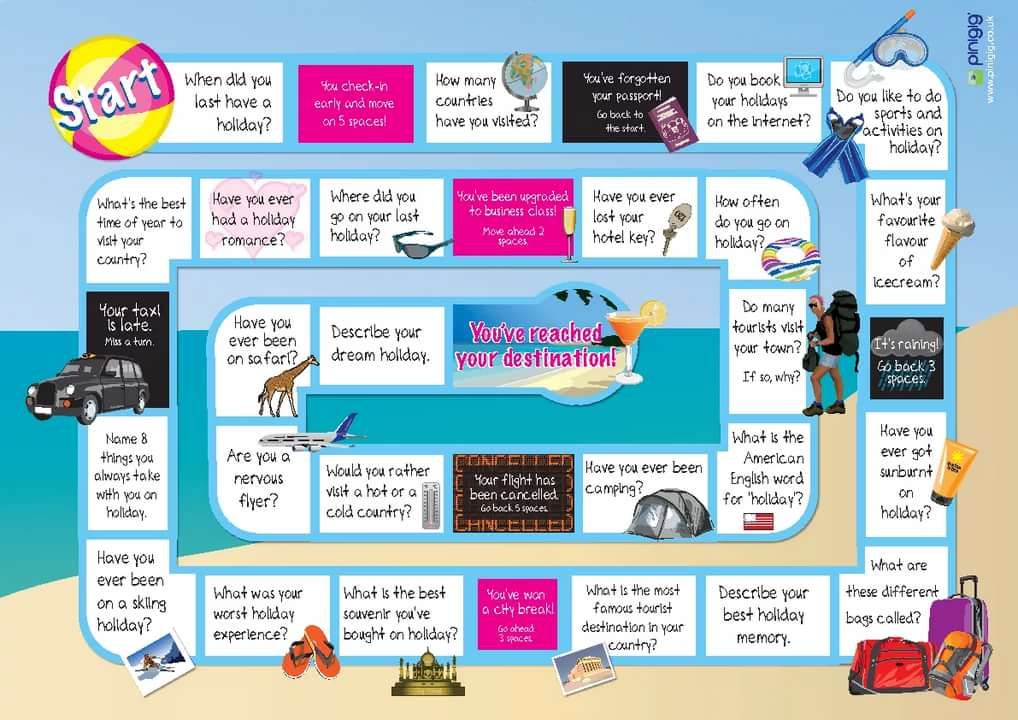 ”
”
These are some of the issues that parents cite when calling me to seek help. But what does play therapy look like? And is it right for your child and family?
What Is Play Therapy?
Play Therapy is a form of psychotherapy in which play is used as a means of helping children express or communicate their feelings. It is conducted by a trained, licensed mental health professional. Therapists strategically utilize play therapy to help children express what is troubling them when they do not have the verbal language to express their thoughts and feelings. In play therapy, toys are like the child’s words and play is the child’s language. Through play, therapists may help children learn more adaptive behaviors when there are emotional or social skills deficits. The positive relationship that develops between therapist and child during play therapy sessions can provide a corrective emotional experience necessary for healing. Play therapy may also be used to promote cognitive development and provide insight about and resolution of inner conflicts or dysfunctional thinking in the child.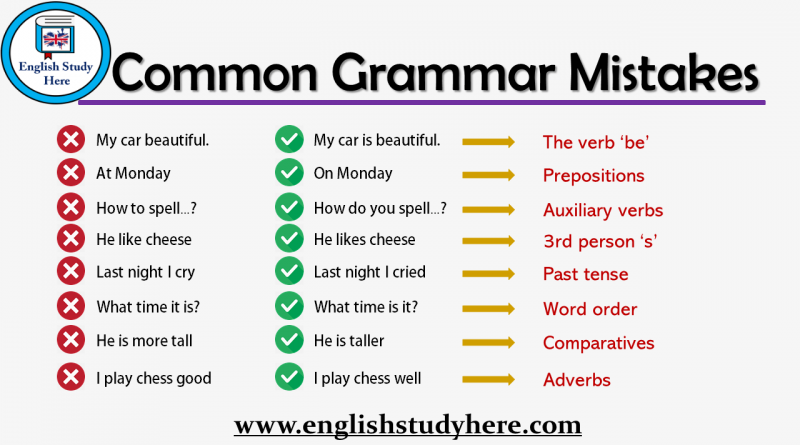
Play therapy differs from regular play in that the therapist helps children to address and resolve their own problems. Play therapy builds on the natural way that children learn about themselves and their relationships in the world around them. Through play therapy, children learn to communicate with others, express feelings, modify behavior, develop problem-solving skills, and learn a variety of ways of relating to others. Play provides a safe psychological distance from their problems and allows the expression of thoughts and feelings appropriate to their development.
Why Play in Therapy?
Play is vital to human happiness and well-being. Play is a fun, enjoyable activity that elevates our spirits and brightens our outlook on life. It expands self-expression, self-knowledge, self-actualization, and self-efficacy. Play relieves feelings of stress and boredom, connects us to people in a positive way, stimulates creative thinking and exploration, regulates our emotions, and boosts our ego. In addition, play allows us to practice skills and roles needed for survival. Learning and development are best fostered through play.
In addition, play allows us to practice skills and roles needed for survival. Learning and development are best fostered through play.
Next week we will continue to discuss how play therapy works, the benefits of play therapy, and a parent’s role in play therapy.
Ready to learn more? Contact us today at (347) 457-5900.
How to teach a child to speak: methods, games and exercises
The formation of a child's speech occurs long before he begins to speak on his own. From a very early age, the baby perceives the speech of adults, imitates it, and subsequently relies on the acquired experience. Speech development is not a process that can be left to chance - and in this article you will find out why.
Contents of the article:
- Stages of speech development
- 10 ways to teach your child to talk at home
- Exercises and games for the development of speech
- General tips
- When you need specialist help
- Conclusion
Stages of speech development
The formation of speech occurs gradually, starting from birth.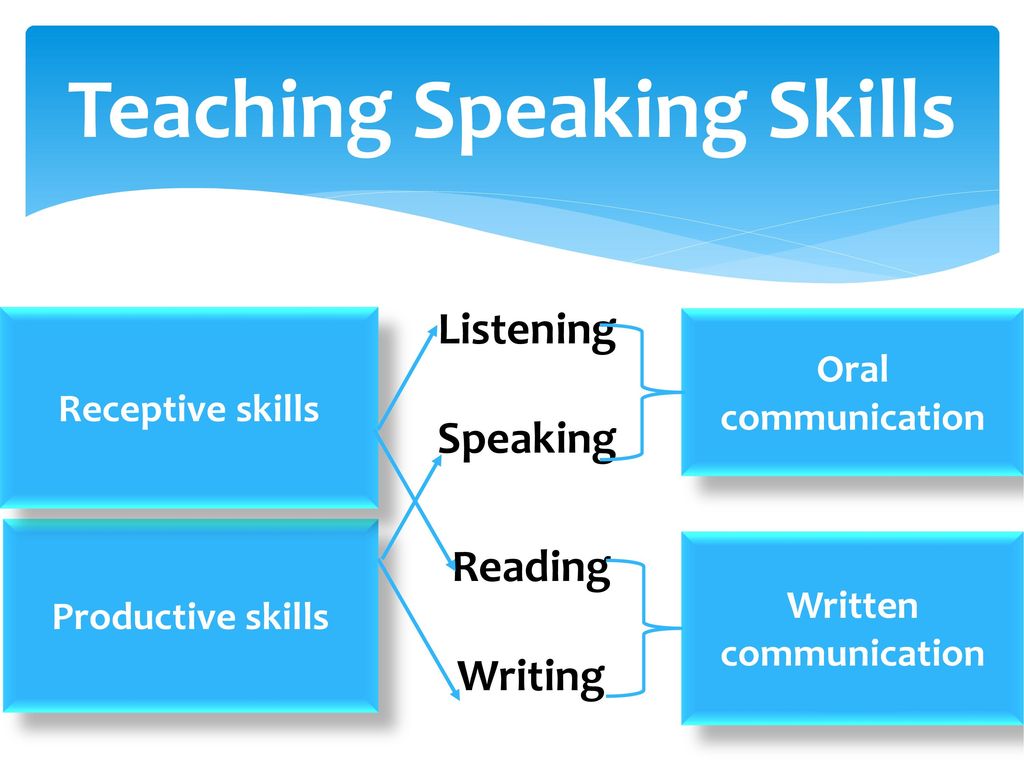 Knowing the approximate stages of speech development at each age, it is much easier to determine the presence of signs of a lag.
Knowing the approximate stages of speech development at each age, it is much easier to determine the presence of signs of a lag.
- From 0 to 6 months. The baby actively listens to the speech of adults, tries to reproduce the sounds that he still perceives as a melody. He already distinguishes the voices of people who are talking to him. First, the baby masters vowel sounds, and already closer to the age of one and a half months, the consonant sounds “g”, “k”, “x” appear, thanks to which the child begins to “walk”.
- 6 to 12 months. At this age, the child often imitates the sounds of adult speech. Pronounces separate syllables, for example "ma-ma", "babbles". By the end of the first year of life, the first words and sentences appear. Vocabulary ranges from 2-3 to 20 words, most of which are nouns.
- 1 year. In a year, speech becomes active and becomes a means of interaction with adults. Together with the ability to move independently, the child accumulates knowledge about the world around him and replenishes his vocabulary, which at this age is 300-400 words.
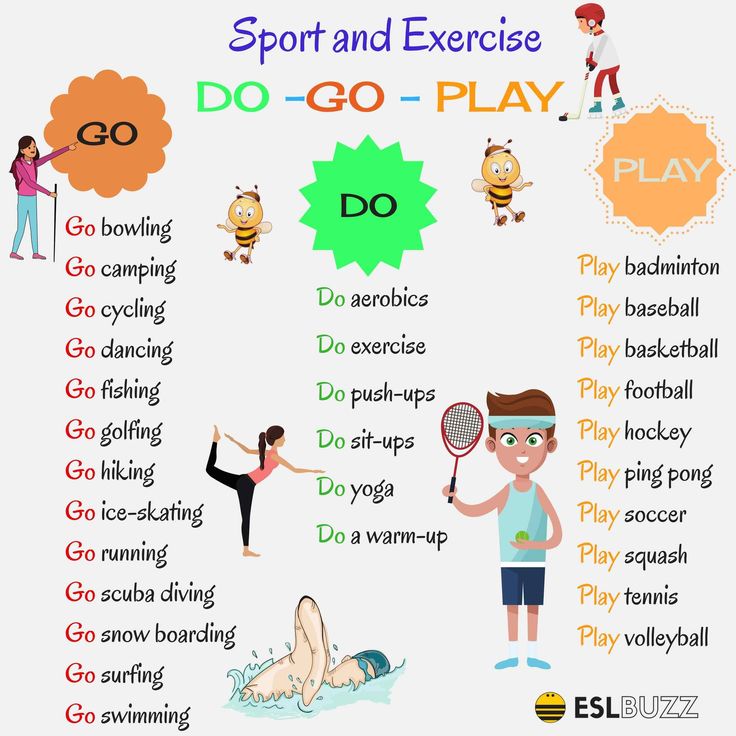 Pronunciation adapts to itself, skipping or replacing complex combinations of sounds.
Pronunciation adapts to itself, skipping or replacing complex combinations of sounds. - 2 years. By the age of two, phrasal speech is formed. At this time, the child is able to formulate a sentence of 2-3 words. Gradually, grammatical categories are mastered, such as number, gender, case. The vocabulary reaches up to 700 units.
- 3 years. Children of this age actively communicate with adults and peers, but still with the help of simple sentences. A three-year-old child masters the basic laws of the language and, on their basis, invents his own words. This process is called "word-creation" and signals the normal development of the child's speech. Vocabulary - up to 1000 words.
- 4 years. In the fifth year of life, the child "hones" the acquired skills, replenishes the active and passive vocabulary, which is approximately 2000 words. As they grow older, the child begins to pronounce all the sounds of his native language clearly and clearly.
- By the age of 5, it is considered normal if the child has mastered all aspects of the language and is fluent in speech.
 If not, this is a reason to immediately contact a specialist.
If not, this is a reason to immediately contact a specialist.
10 ways to teach your child to talk at home
- The most effective and basic way is to talk to your child as often and as much as possible. Pediatricians recommend communicating with the child even before he is born. The speech of an adult should be expressive, as babies perceive it on an emotional level. It is possible to teach a child to speak at 1 year old by abandoning sign language and completely switching to verbal communication. Use short and clear sentences, do not distort words. Speak in such a way that the child can observe the movements of the lips and try to independently apply them to his speech.
- Develop fine motor skills. Stimulation of nerve endings on the fingers has a positive effect on the development of speech.
 Any exercises that involve the motor skills of small muscles are suitable for this method: sorting through cereals, playing with massage balls, stringing beads on a string. (You can link to an article about developing fine motor skills by writing, for example, "Learn more here.") Fine motor skills classes will help to teach a two-year-old child to speak as early as possible.
Any exercises that involve the motor skills of small muscles are suitable for this method: sorting through cereals, playing with massage balls, stringing beads on a string. (You can link to an article about developing fine motor skills by writing, for example, "Learn more here.") Fine motor skills classes will help to teach a two-year-old child to speak as early as possible. - Expand vocabulary. At home, on the street, in a store, in nature, show and call the child the names of the surrounding objects. To his questions in an accessible language, explain the meaning of certain objects, trying not to overload the child's brain with complex terms. This is a natural and inexpensive way to quickly teach your child to speak at 2 years old.
- Read books. Children love to look at bright, colorful pictures. Read a book to your child, while pointing at the characters, for example, a bun, a fox, a hare. Simultaneous visual and auditory perception will help you remember words faster and learn how to pronounce them.
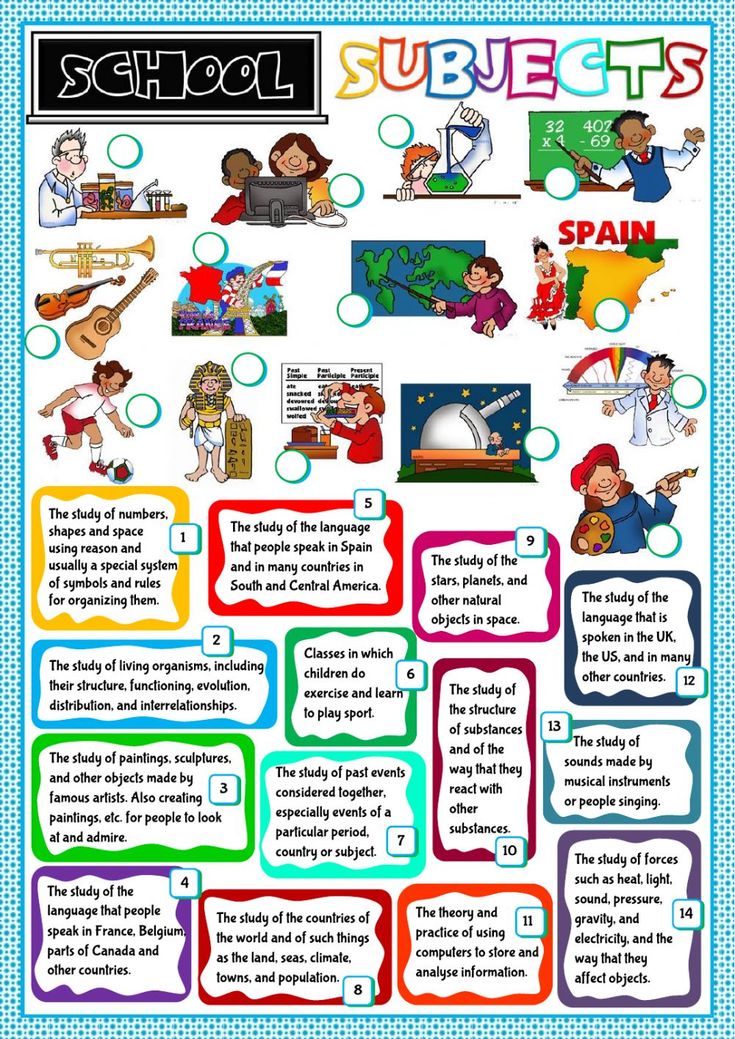 Set aside time for this activity each day to develop this healthy habit in your child.
Set aside time for this activity each day to develop this healthy habit in your child. - Sing songs. As much as books, children love songs. Sing along with your child his favorite songs, learn new songs that he will like. In addition to stimulating the speech apparatus, you will provide both yourself and your baby with a good mood.
- Not understanding sign language. If your child often uses gestures, replacing words with them, you need to stimulate him to the opposite. Once again, when the baby points his finger at something, pretend that you do not understand him. Try to start a dialogue by asking leading questions, but do not bring the child to hysteria if he is not yet ready for this way of communication.
- Take by cunning. When reading a well-known book, intentionally replace words, for example: "I'll sit on a stump, eat a pot (instead of" a pie ")". This technique will inspire your child to listen carefully to the speech, so that next time they can tell you how to do it right.
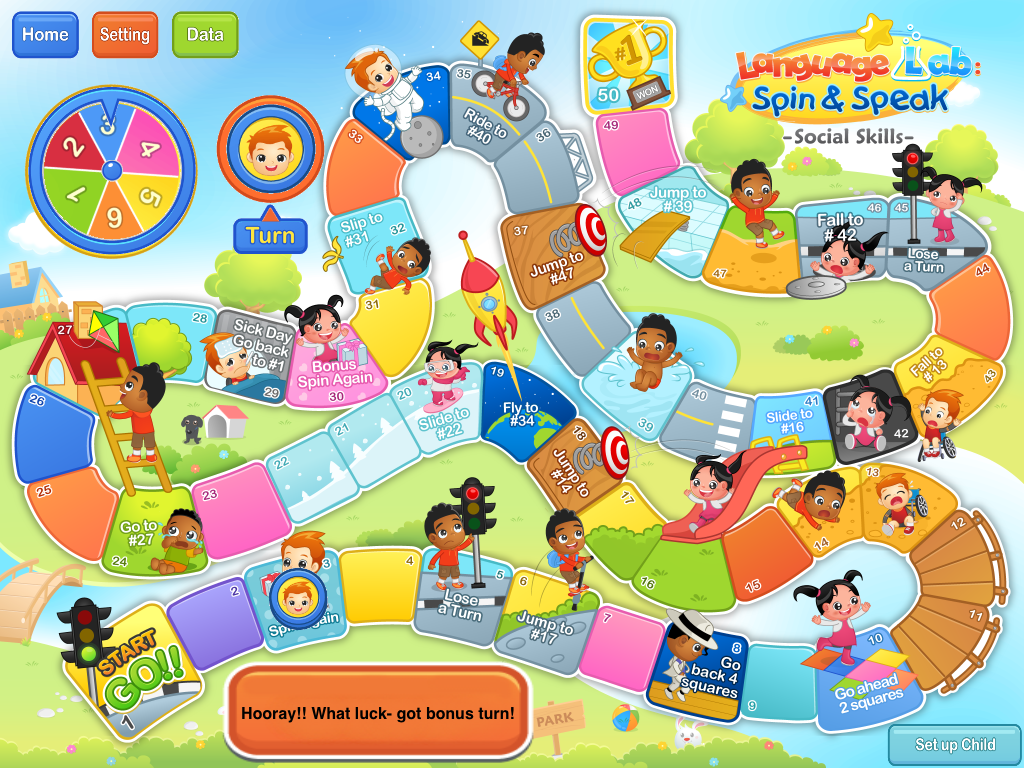 The method is perfect for teaching a child to speak at 3 years old, since by this age children are actively interested in literary works.
The method is perfect for teaching a child to speak at 3 years old, since by this age children are actively interested in literary works. - Repeat one after another. As a game, repeat the syllables that he says after the baby, and then offer your own version. The child will be happy to join this activity and will try to give out even more new syllables.
- Remove distractions. An incessantly running TV or computer with cartoons will drown out any of your attempts to enter into a dialogue. The child needs to hear the lively, clean, correct speech of an adult. To teach a child to speak at 4 years old, you should adhere to the time limits for watching cartoons.
- Show attention. Drop everything when the child comes up to you to tell you something interesting. Listen carefully, ask questions, be surprised and show your interest in every possible way. This will stimulate the desire to share with you everything that comes to mind and that you want to tell. Mutual dialogue is possible and necessary even with a small child, because it will help you quickly learn to talk.

Exercises and games for the development of speech
Finger games
Favorite activity for all kids. Aimed at the development of fine motor skills and, as a result, the formation of speech. Learn small rhymes with your child, for example, "Magpie Crow." Connect finger movements that your baby will be happy to repeat. Such games improve fine motor skills and help to teach the child to speak correctly.
Articulation exercises
The small muscles of the mouth in childhood need to be trained, as they may not be sufficiently developed. To strengthen them, daily articulation exercises are required. Sit with your child at the mirror to control the correct execution of the exercises. Follow the movements of the lips and tongue, showing the child an example for his independent work.
Exercises for the development of speech breathing
It is important to teach a child to breathe correctly, starting from the moment of his speech development.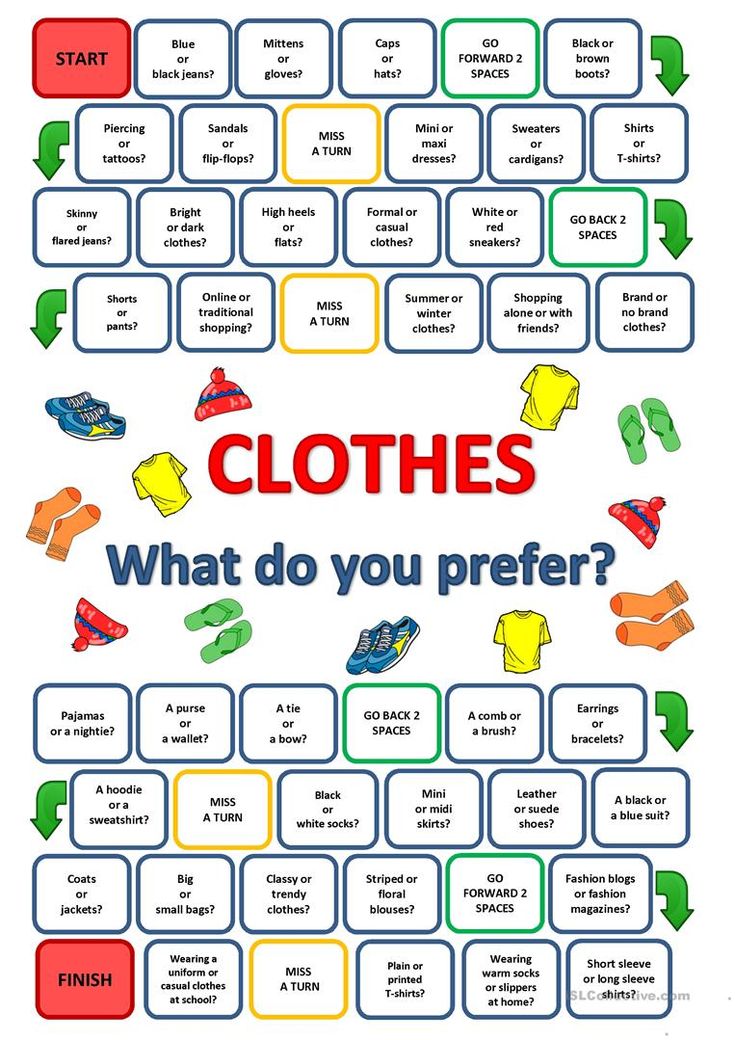 The air released by us during the pronunciation of speech is the source of sound. Many simple and easily accessible exercises are aimed at developing breathing, for example: blow on a dandelion, inflate a balloon, blow soap bubbles.
The air released by us during the pronunciation of speech is the source of sound. Many simple and easily accessible exercises are aimed at developing breathing, for example: blow on a dandelion, inflate a balloon, blow soap bubbles.
Music games
You can teach your child to speak with the help of music games. When children sing, the assimilation of sounds, syllables and, ultimately, words is easier for them. Musical games can be organized in several variations: with musical instruments (spoons, drum), songs with onomatopoeia of animals, songs with the simultaneous execution of simple movements.
Didactic games
There are a huge number of games and methods using didactic material. And almost all of them can be applied to the development of speech. The game "Magic Bag" is great for developing speech skills. Rules of the game: in the bag there are objects of various shapes and sizes. The child is invited to feel to choose an object and describe it.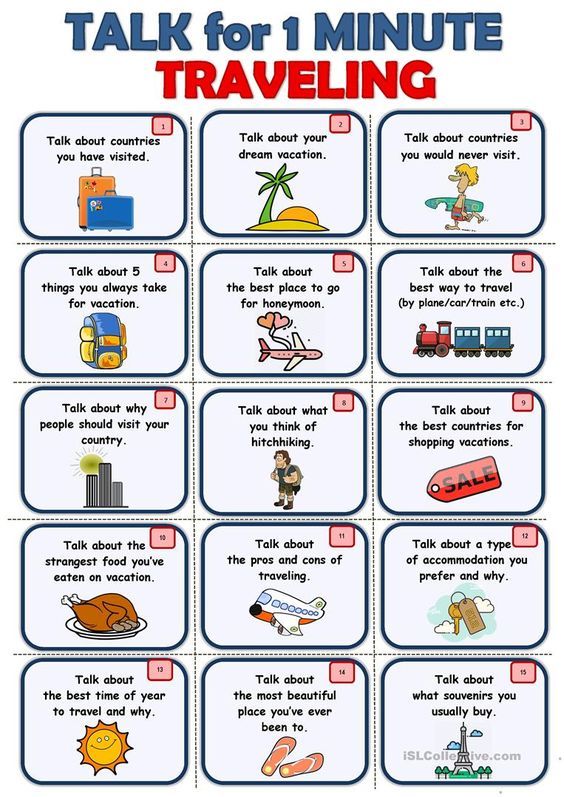 Pronunciation of the signs of an object reinforces speech, and also helps in the formation of initial mathematical concepts.
Pronunciation of the signs of an object reinforces speech, and also helps in the formation of initial mathematical concepts.
General advice
In the development of a child's speech, it is important to be guided by the general principle "Do no harm". It must be remembered that each child develops according to his own individual model and it does not always adapt to the described stages of development. We recommend adhering to principles that apply in general to the entire process of raising and developing children.
- The principle of play form. For a child of preschool age, the leading activity is the game. The more interesting the lesson is built, the more involved the child will be in it. Don't force me to play. Get interested instead.
- The principle of mutual dialogue. Talking to children is not a waste of time, as it might seem at first glance. Bring the child to a dialogue, keep up a conversation with him, tell and listen carefully. Communication is the most effective way to teach a child to speak early.
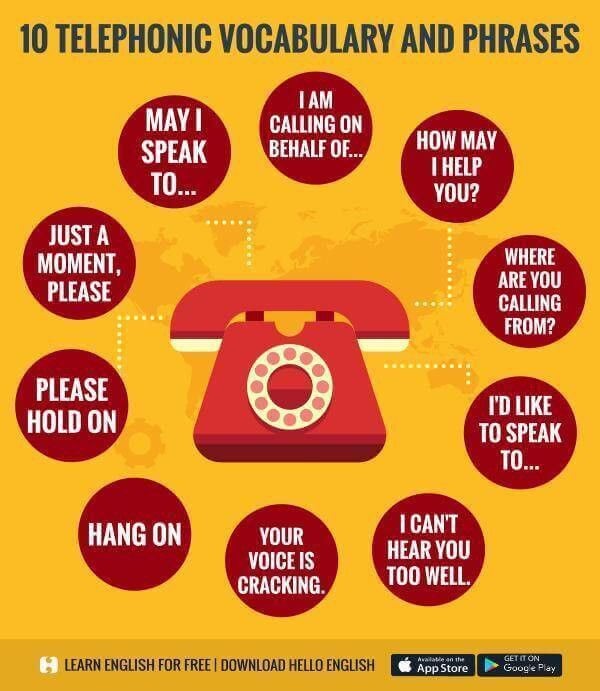
- Problem acceptance principle. It is difficult to admit to oneself that the child has any problems. However, the sooner you start working on the bugs, the sooner you will get the result. Do not be afraid to turn to professionals if you see that independent work does not bear fruit.
- The principle of accepting individuality. Your child is already a separate person, even if he is just starting to stand on his feet. You should not compare him with peers who are already telling poems with might and main. Instead of criticizing, praise every achievement of your child and then he will definitely speak.
When the help of specialists is needed
When a problem is discovered and the right ways to solve it will help prevent further lagging behind the child.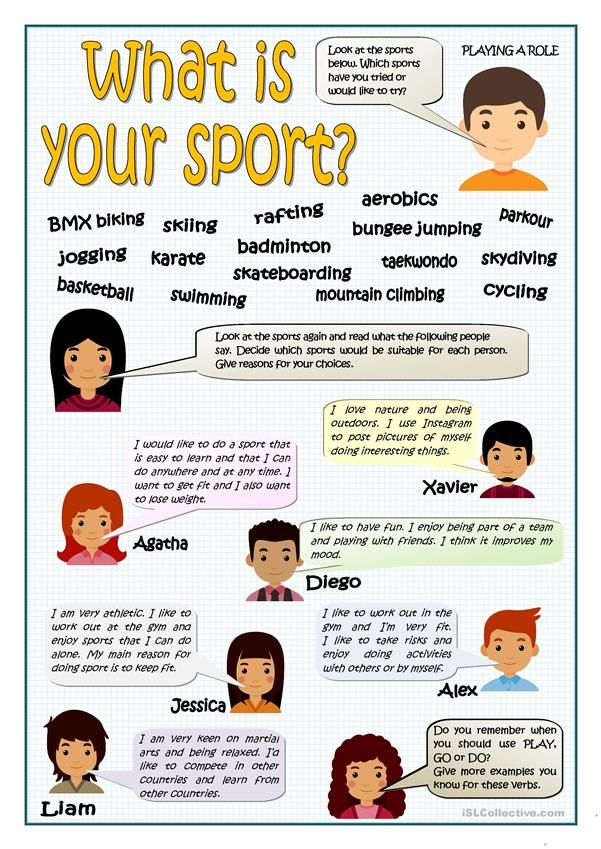 It is necessary to be patient, aim for a positive result and give your child a chance to painlessly enter the social world and learn to exist in it.
It is necessary to be patient, aim for a positive result and give your child a chance to painlessly enter the social world and learn to exist in it.
Reasons to start working on the development of speech together with a speech therapist, neurologist and other specialists:
- after 8 months the baby does not respond to calls to him;
- nasal voice appears;
- there is not enough air to complete the phrase;
- during a conversation there is increased salivation;
- at 2 years old, the child speaks only in syllables;
- at 3 years old, the child still tends to speak only in simple words;
- at the age of 4, the sense of syllable was not developed and the words were distorted.
Conclusion
Children's development centers "Baby Club" have been helping parents in the development of children since 2000. Our mission is the harmonious development of the child and his formation as an independent person.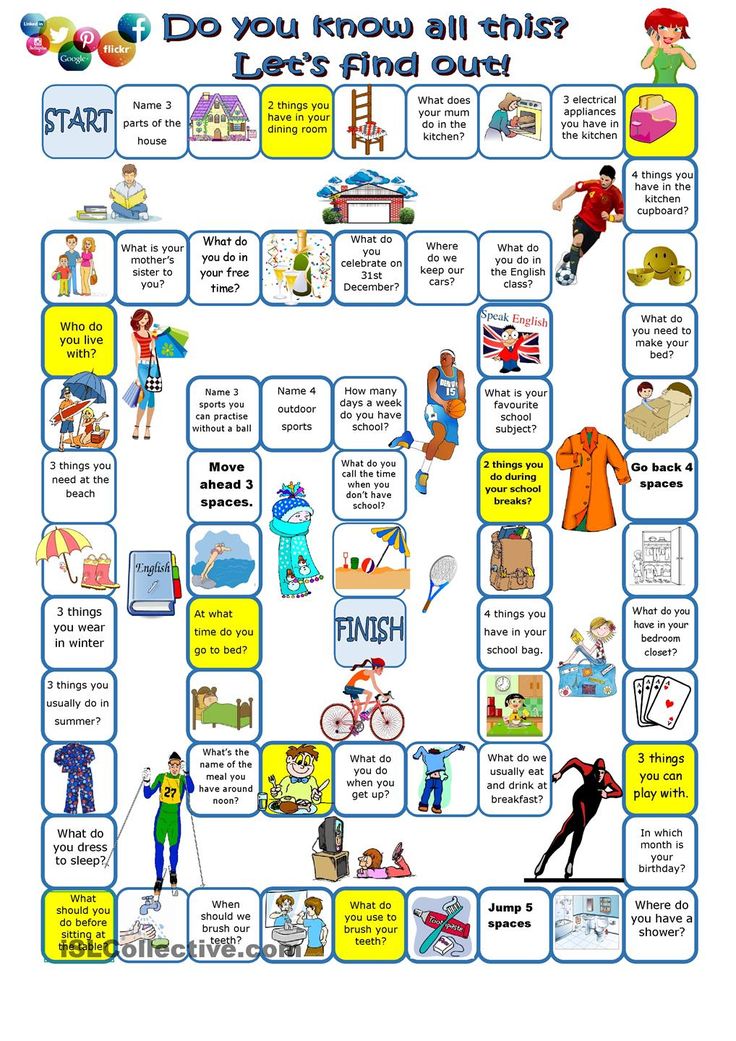
Baby club teachers will find an individual approach to your baby. And a rich environment and a children's team will help the child quickly enter society and start talking. Contact our centers, because preventing a problem is easier than dealing with its consequences.
Learning to speak beautifully | Power of Fox
3
minutes
Readings
Image: Daniela Jiménez / Dribblez / Dribble
Teenagers
<< Lid>
mit
Write out
Write on a voice recorder or record a video from or a laptop, the image here is not as important as the speech itself. Tell a story from your life under the record, retell the content of your favorite book or movie. At the same time, speak as usual, do not try to specially decorate or improve your speech.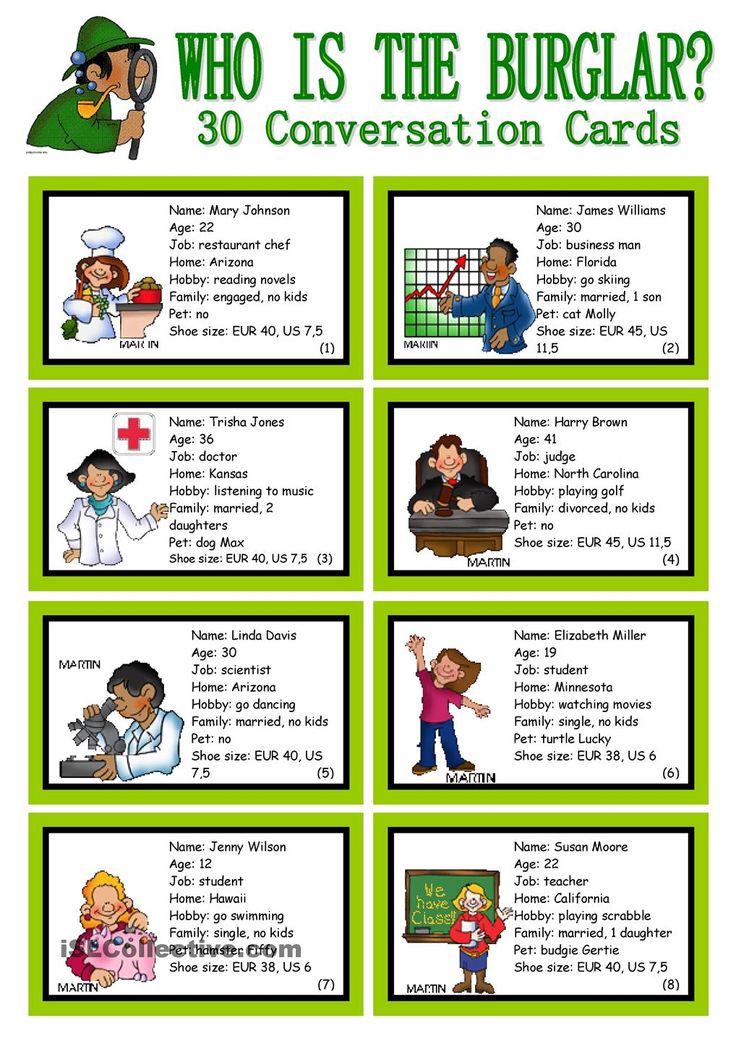
The main task at this stage is to identify the main shortcomings in your speech: poverty of vocabulary, stutters, pauses, incorrectly placed stresses, problems with diction, parasitic words, too fast or too slow pace of speech. Analyze the recording and determine what you will work on.
How to replenish your vocabulary
- Start reading a thick novel, best of all, one of the Russian classics of the 19th-20th centuries, but foreign authors will also do. Classical works are rich in vocabulary. By the way, this is a good reason to remember the school reading list for the summer, there will definitely be something suitable there.
- Install the Russian Explanatory Dictionary application on your phone and check the meaning of all the words you don't know.
- Enter one new word into active circulation every day.
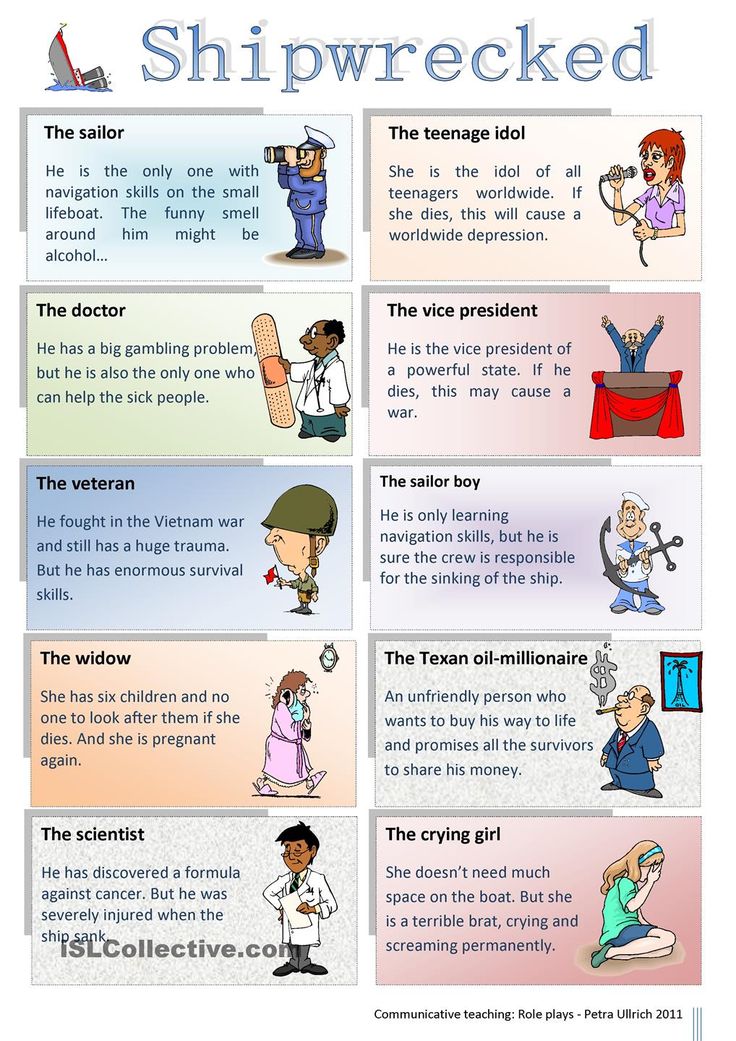 Assign a word in the morning and try to use it at least 10 times during the day. Of course, the use of the word must be precise and appropriate.
Assign a word in the morning and try to use it at least 10 times during the day. Of course, the use of the word must be precise and appropriate.
- Play word games. For example, make up stories using only verbs or only nouns. You can start by continuing the classic: “Night, street, lamp, pharmacy”, and then move on to original stories.
- Every day think of synonyms for any three words. Try to come up with as many options as possible.
How to get rid of pest words
- Write a list of your "favorite" pest words and start tracking their use. Catch as much speech garbage as possible.
- Assign a system of penalty points: uttered a parasitic word - received one penalty point. Scored more than 10 points in a day - doing something around the house, like washing dishes, cooking dinner, tidying up the room, or just an hour less playing games on the phone or using social networks.
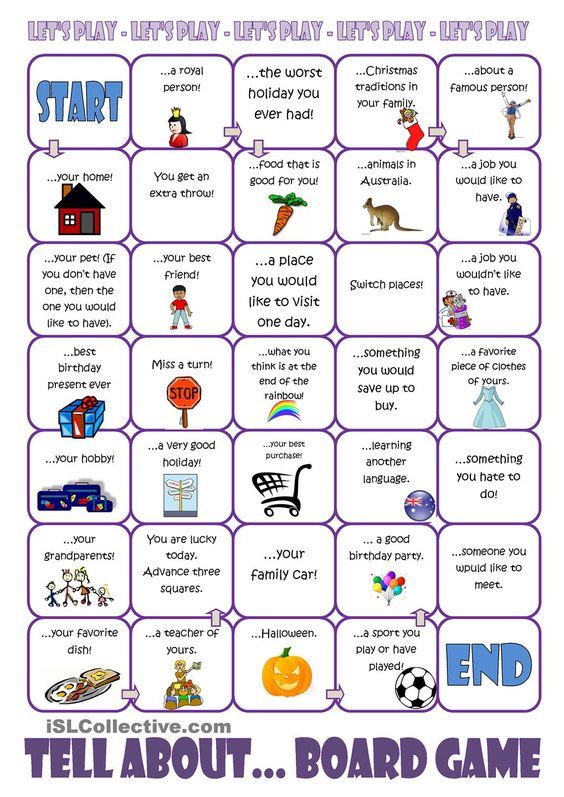
- Ask friends and parents to pay attention to the parasites in your speech: “everything”, “like”, “uh-uh”, “in short”, “well”.
How to improve your speech Image: Daniela Jiménez / Dribbble
- hold the breath, then a long deep exhalation. Repeat the exercise for at least five minutes, and longer is better. With proper operation of the diaphragm, speech becomes smooth, the voice becomes calm and deep.
- Sing out loud. Firstly, singing also strengthens the diaphragm, and secondly, it helps to get rid of hesitation and stuttering. If you are embarrassed to sing, read long poems aloud.
- Learn one tongue twister a day. The more difficult it is for you, the more useful it is to repeat it over and over again. Tongue twisters help improve diction.
- Download the word stress app and learn the correct pronunciation of at least 3 words throughout the day.
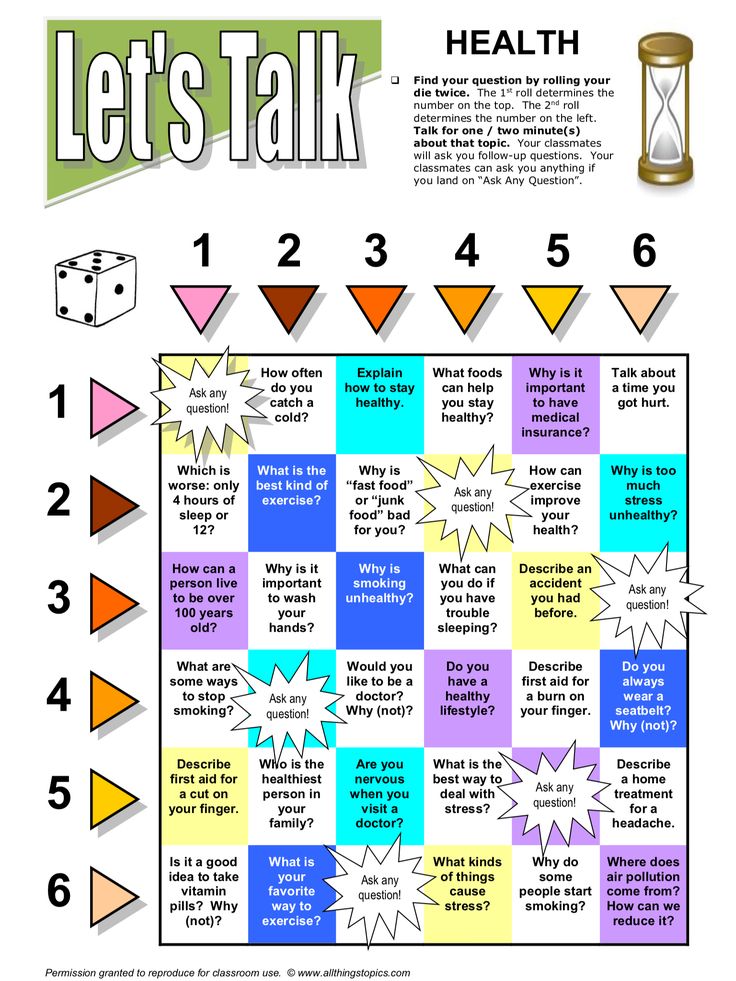 Knowing the stresses will not only help improve speech, but will also come in handy at the exam in the Russian language.
Knowing the stresses will not only help improve speech, but will also come in handy at the exam in the Russian language.
Why is this needed
🤓 You can easily answer at the blackboard. The number of hesitation and unnecessary pauses will decrease, the answers will become coherent and understandable for the listeners - of course, provided that you know the material.
😎 It will be easier for you to defend term papers, make oral presentations and presentations.
😏 You will learn how to use complex words appropriately and avoid speech errors.
🤐 You will no longer be afraid to speak in public. Most often, fear arises due to poor command of the technique of speech, lack of vocabulary and inability to express themselves coherently.
🙄 You have every chance of becoming the best speaker in your class. This means that you will be more likely to be invited to all school and district events, and this is a great opportunity to show yourself and gain a good reputation among teachers.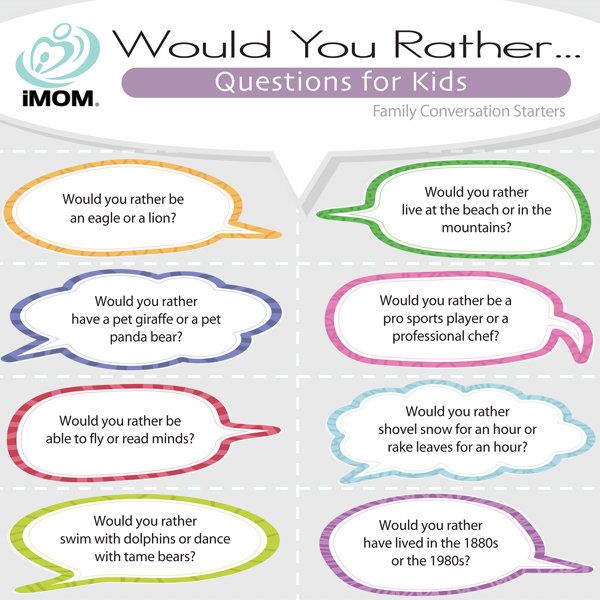
Done!
Download here
Get the guide
Oh! Something went wrong. Try again
Holidays are the time to improve the skills that you don't have enough time and energy to improve during school hours. For example, to replenish vocabulary and learn to speak smoothly and without hesitation. We will tell you how to quickly master this skill.
Start
How many fingers do the fish have in the aquarium?
Five
One
I have no fish
How many fingers do the fish have in the aquarium?
Five
One
I have no fish
How many fingers do the fish have in the aquarium?
Five
One
I have no fish
How many fingers do the fish have in the aquarium?
Five
One
I have no fish
How many fingers do the fish have in the aquarium?
Five
One
I have no fish
Congratulations!
You sweaty harry, wait for a letter to stemguards!
Number of correct answers 0
Dumbledore's exclusive photo shoot for playboy magazine on this link
Congratulations!
You are a little smarter than a cutlet and it helped you pass the test!
Number of correct answers 0
this link cutlets gather in a circle creating birdhouses
Newsletter with the best
articles.




